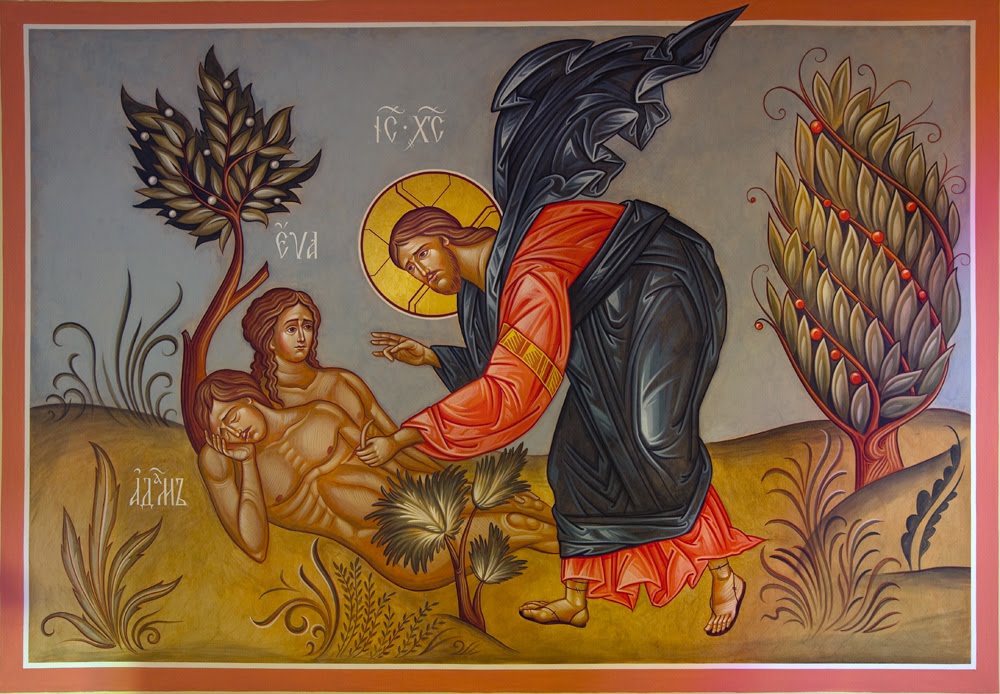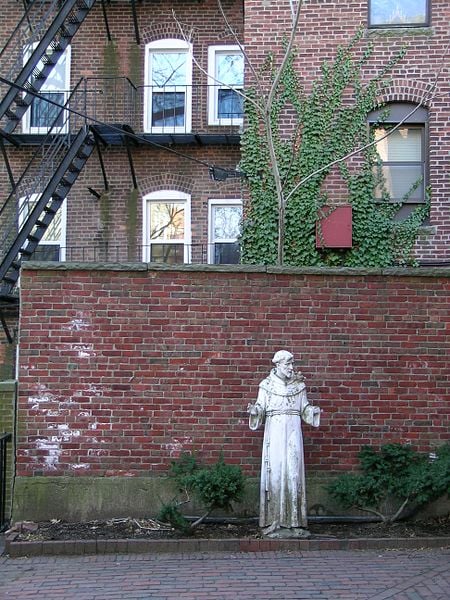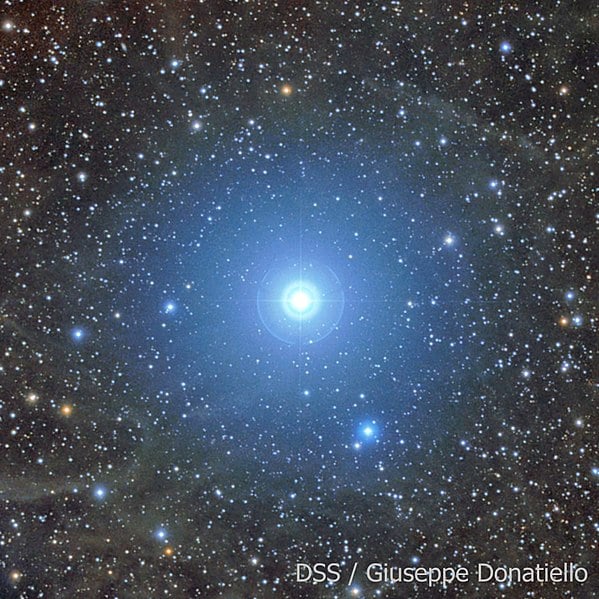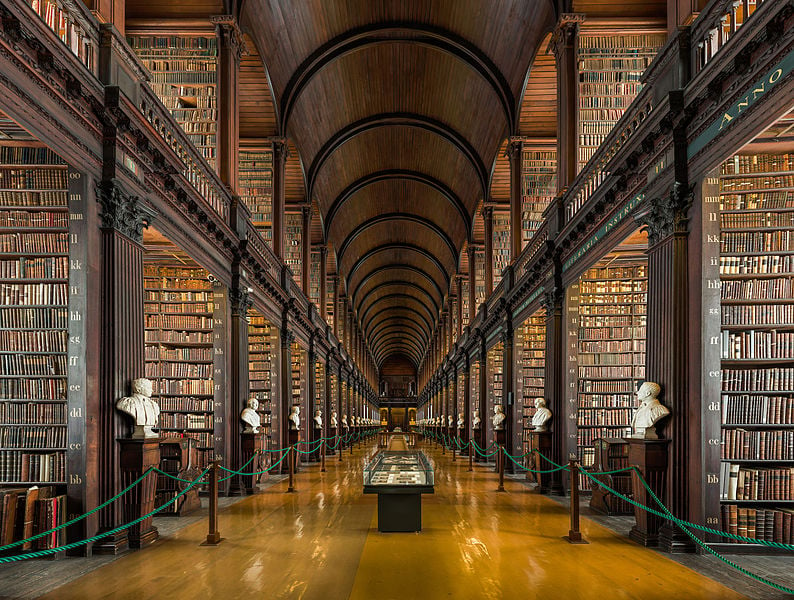Commemoration of Bridget of Sweden, Abbess of Vadstena, 1373
23 July 2013
Beeston, Nottinghamshire
Dear Friends and Family,
Here is another brief extract from the second chapter of my thesis on Creation and deification. I hope you enjoy.
The Role of Humanity in Creation
This brings us to role and place of humanity in creation. We will discuss more fully in the section below humanity being made in the image and likeness of God and how nascent humanity was both to serve as priest and to await its deifier. Here, however, we should look at the priestly role of humanity from creation’s point of view. That is, that creation is incomplete without humanity.
John Paul II writes, ‘So the very sacramentality of creation, the sacramentality of the world was revealed in a way, in man created in the image of God.’1 The world is revealed, in a sense to itself, in humanity. Since in creation, only humanity can accept creation as a gift, it is clear that humanity completes, in a qualified sense, creation. If we accept that God creates in order to deify, in order to return all things into himself, as argued above, then we must ask how this is to take place. For Maximus, it takes place through humanity’s interconnectivity and kinship to all creation:
For humanity clearly has this power of naturally uniting at the mean point of each division since it is related to the extremities of each division in its own parts. Through that capacity it can come to be the way of fulfilment of what is divided and be openly instituted in itself as the great mystery of the divine purpose. It proceeds harmoniously to each of the extremities in the things that are, from what is close at hand to what is remote, from what is worse to what is better, lifting up to God and fully accomplishing union. For this reason the human person was introduced last among beings, as a kind of natural bond mediating between the universal poles through their proper parts, and leading into unity in itself those things that are naturally apart from one another by a great interval.(Amb. 41.1305B-C).
What Maximus is arguing is that humans by being both material and spiritual have within them an aspect of every part of creation. This allows humanity to serve as a bridge between the material and the spiritual. A bridge that will unite the two realms, allowing all to return to God. Maximus goes on to say that the way Humanity effects this union by shaking off hindrances (like sexual difference) and seeks union with the undivided God. This unifies heaven and earth in the human person (Amb. 41.1305 C- D). Then, by attaining angelic knowledge humans unite the intellectual and the sensible (Amb. 41.1308A). Finally,
And finally, beyond all these, the human person unites the created nature with the uncreated through love (O the wonder of God’s love for human beings!), showing them to be one and the same through the possession of grace, the whole [creation] wholly interpenetrated by God, and become completely whatever God is, save at the level of being, and receiving to itself the whole of God himself, and acquiring as a kind of prize for its ascent to God the most unique God himself, as the end of movement of everything that moves toward it, and the firm unmoved rest of everything that is carried towards it, being the undetermined and infinite limit and definition of every definition and law and ordinance, of reason and mind and nature (Amb. 41.1308 B-C).
Thus, the human person in one sense deifies creation through its own deification. Just as Christ’s having deified his humanity reached through to all humanity,2 so that deification reaches to all creation, ‘except to the level of being.’ ‘[B]y being divinized, the world is perfected as world.’3 We have begun to encroach on an important aspect here, however, that I will deal with more fully below and in the fourth chapter. For now, however, note that just as creation, if its end is a return to God, cannot effect that end on its own without humanity, so too, humanity cannot affect that change on its own.
1 John Paul II, The Theology of the Body: Human Love in the Divine Plan (Boston: Pauline Books & Media, 1997), 76.
2 Gregory of Nazianzus Theological Oration 30.21.
3 Hans Urs von Balthasar, Cosmic Liturgy: The Universe According to Maximus the Confessor (San Francisco: Ignatius Press, 2003), 257.
Sincerely yours,
David Russell Mosley
Related articles
- Thesis Extract: ‘The Four Aspects of Deification’ (elflandletters.wordpress.com)
- Thesis Extract: ‘Thomas Aquinas’s Five Ways as Evidence of Deification’ (elflandletters.wordpress.com)












